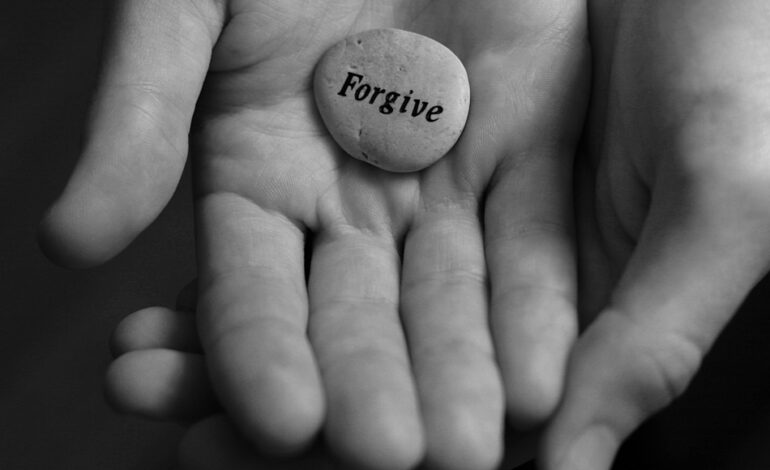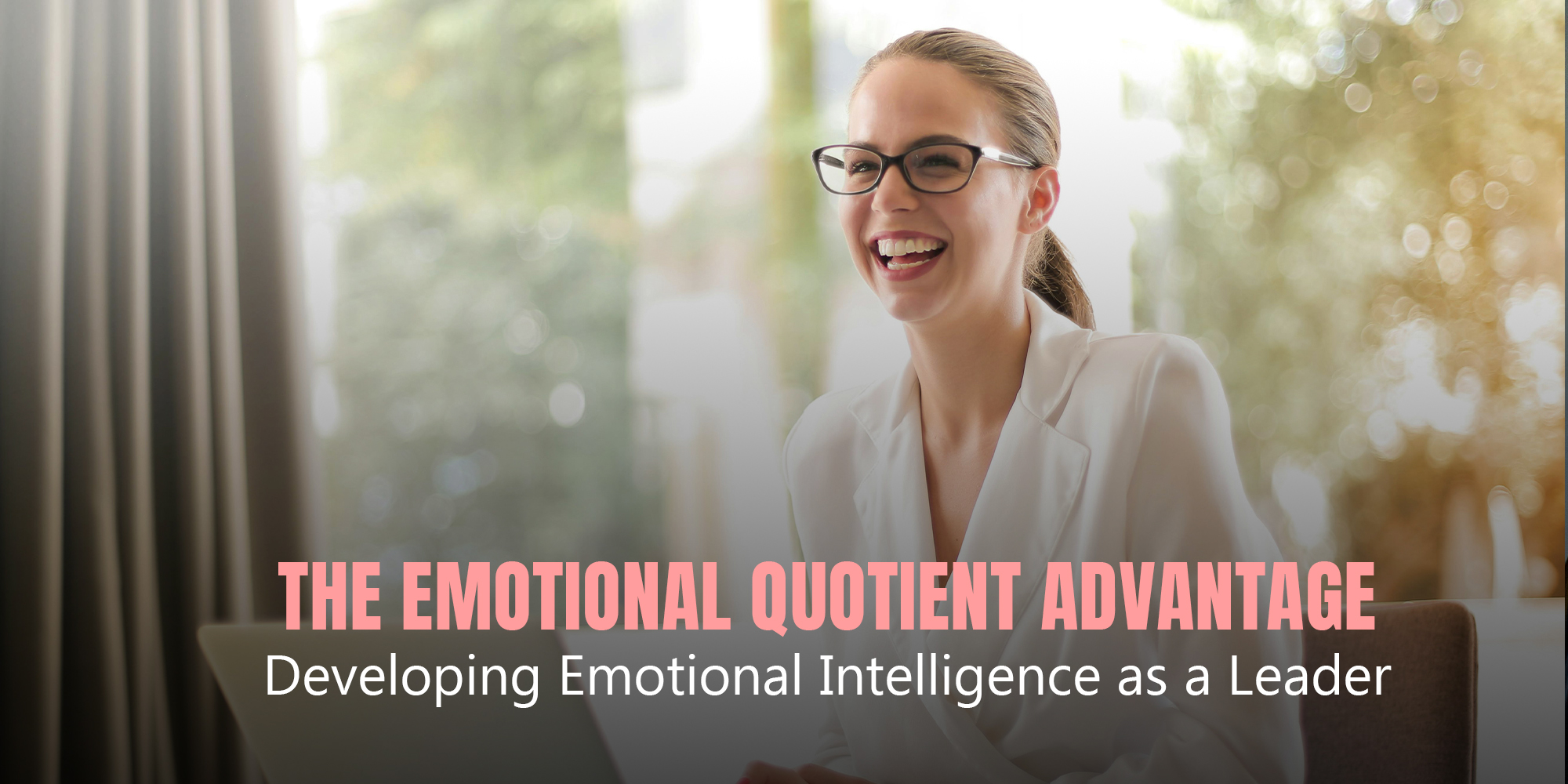
We’ve all been there. Someone has a bad day and they’re just not as happy as they usually are. It’s easy to be sympathetic and try to make them feel better, but is there more to it than that? We’ve all been there. Someone has a bad day and they’re just not as happy as they usually are. It’s easy to be sympathetic and try to make them feel better, but is there more to it than that?
It will create a good habit
You’ll feel good when you help someone. You’ll feel so much better and be more confident, which could make you more likable. This can improve your mental health and teach a valuable lesson to your kids.
At first, you might not realize it, but success in life also comes from helping others. It’s a win-win situation!
You will be more confident.

You will become more confident.
By lifting others up, you will feel more confident in your abilities and be more willing to try new things, speak up and take on new challenges. You’ll know that if you fail, it won’t be because of what someone else did or said about you. It will be because of something inside of you, so even if you fail, it won’t cancel out all of your other victories.
It will make you more likable.
Being more likable is a big part of feeling better, and it’s one of the easiest ways to get there. There are so many reasons why people don’t like each other, but most of them come down to a lack of empathy or compassion. Being able to empathize with people—to see things from their perspective and see why they do what they do, even if those actions aren’t always in your best interest—is the first step toward being liked by others. When we can put ourselves in someone else’s shoes, we’re able to connect on a deeper level than ever before.
It will improve your mental health.
By helping others, you will also be helping yourself. Research shows that people who are altruistic have a lower risk of depression and anxiety, as well as better self-esteem and happiness.
Over 1,200 students were monitored by researchers for two years in one study at the University of Michigan. Those who were more inclined to help others were happier during the study period than those who weren’t. In another study published in Science Direct’s journal Psychological Science, scientists found that when people helped others without expecting anything in return (what they call “prosocial behavior”), their brains showed less activity in regions associated with social pain — meaning that helping someone else was actually making them feel better about themselves!
Helping out can even improve your physical health: When we focus on other people’s needs instead of our own problems or issues (e.g., “What can I do for my friend?” instead of “How am I going to fix this?”), research shows we’re less likely to experience stress or anxiety—and therefore less likely to develop heart disease or diabetes down the line!
It will make you happier
The act of uplifting others will make you happier. People feel good about themselves when you help them. They experience more contentment and a stronger sense of self- and global connection. As a result, they are happier as well. In turn, you experience a vicarious happiness boost from their joy, which raises your own levels of happiness.
It will teach your children an important lesson.
You can also teach your children an important lesson. Remember the story of the young girl who desired to eat a slice of bread because she was hungry? She asked for it, but didn’t get it. Instead, she received money so she could buy her own bread from the grocer. This is a great lesson for kids because it teaches them to be more empathetic, caring and generous in their lives. They will learn that there are many people out there who don’t have enough money to buy food for themselves or others like them who need help as well! It will teach them how important it is not only give back but also do whatever they can – even if it doesn’t seem like much at first glance – especially when someone else needs help right away!

Uplifting others is not just something that benefits other people, but yourself as well
Your life will be better off if you take the time to uplift others. You’ll have a positive self-image, and this confidence will show in how you interact with other people. When you make someone else feel good about themselves, they’re more likely to reciprocate the favour later on. It’s a cycle of positivity!
It also makes sense that if you’re uplifting others, those around you are more likely to like and trust you—which is great for anyone who wants friends (and even better if their friends are also nice). When other people see how much joy you bring into their lives by being there for them when they need it most, they’ll want to be there for you too.
The benefits don’t stop there though: Uplifting others helps make us happier ourselves. Studies have shown that volunteering makes us happier than any other activity—even sex!
So here’s the conclusion: uplifting others makes you happier, healthier, more confident and more likable. This is why we encourage you to do it! Not only will your actions make a difference in the lives of others but they will also have an impact on yourself.
Simply looking up from your phone when someone needs help or offering to help someone with their groceries can achieve this. Try being kind to someone else instead of dwelling on yourself for once if you’re feeling depressed about yourself!









